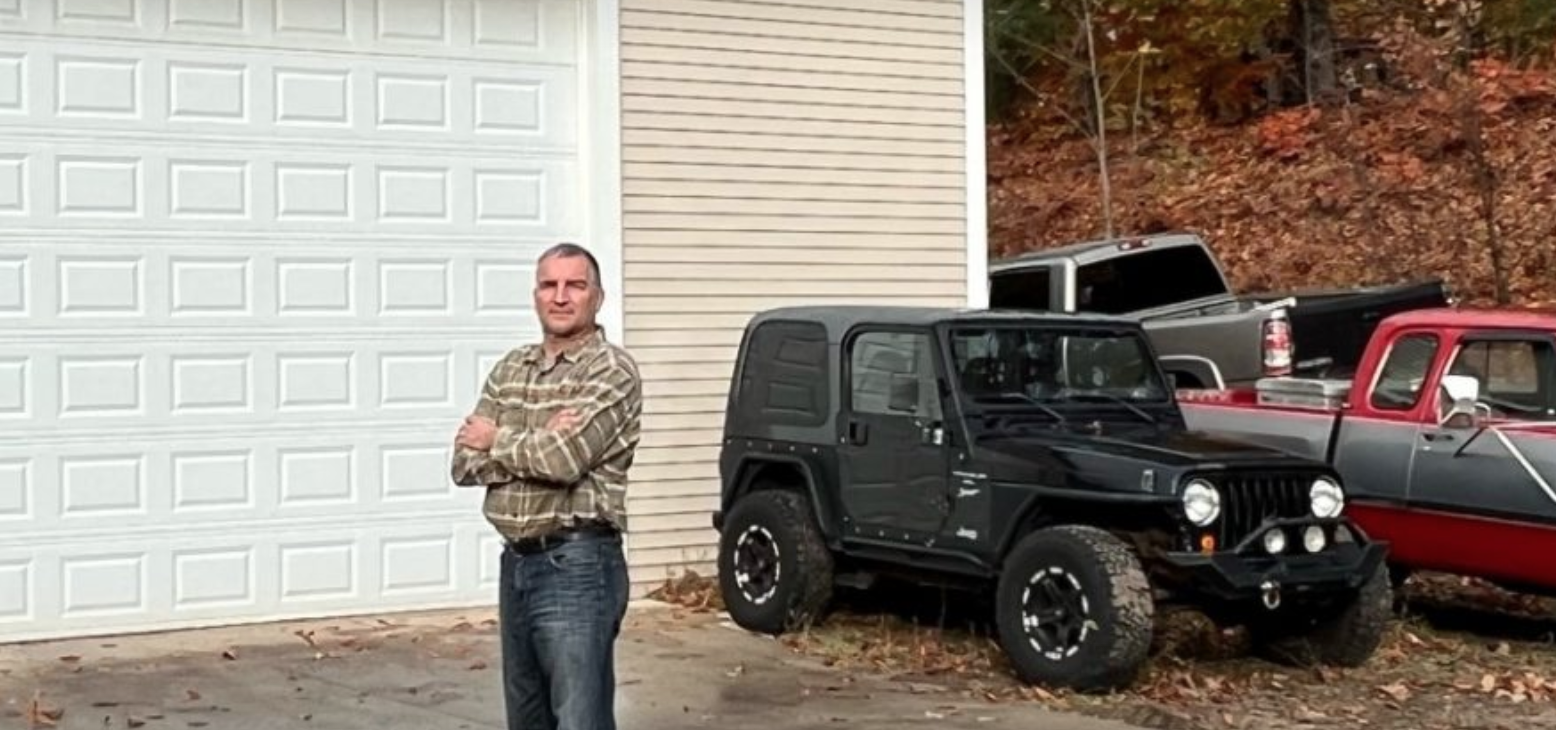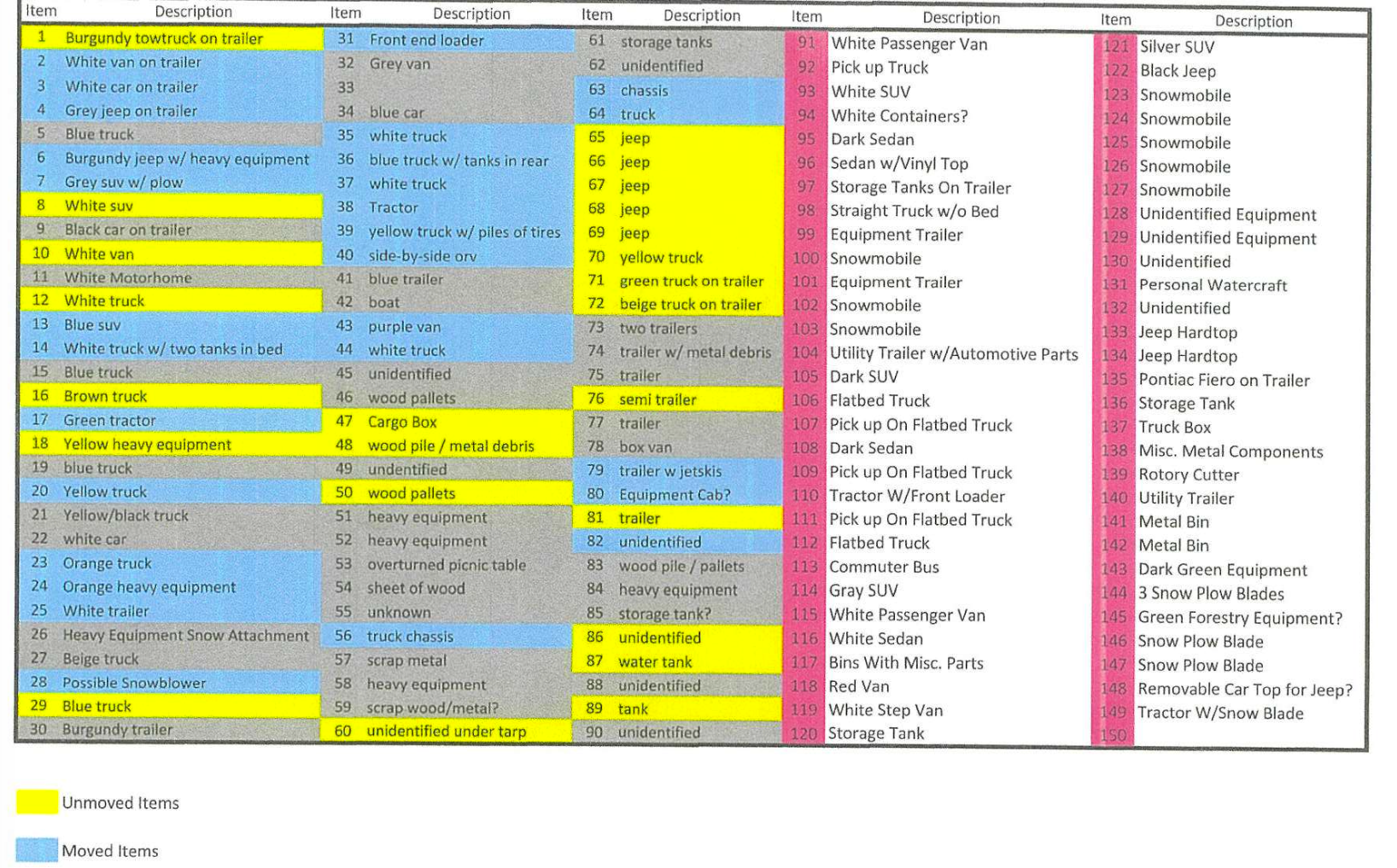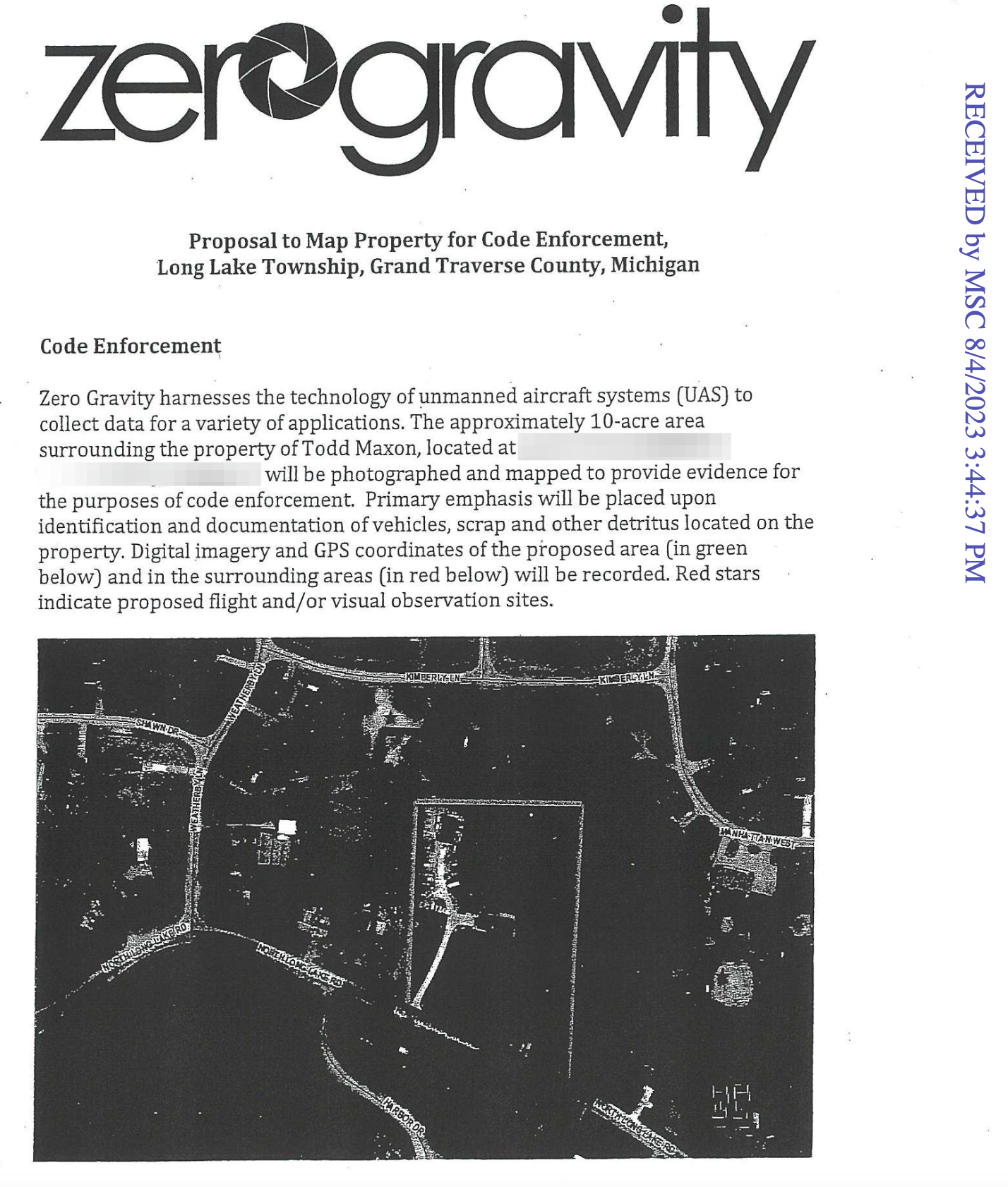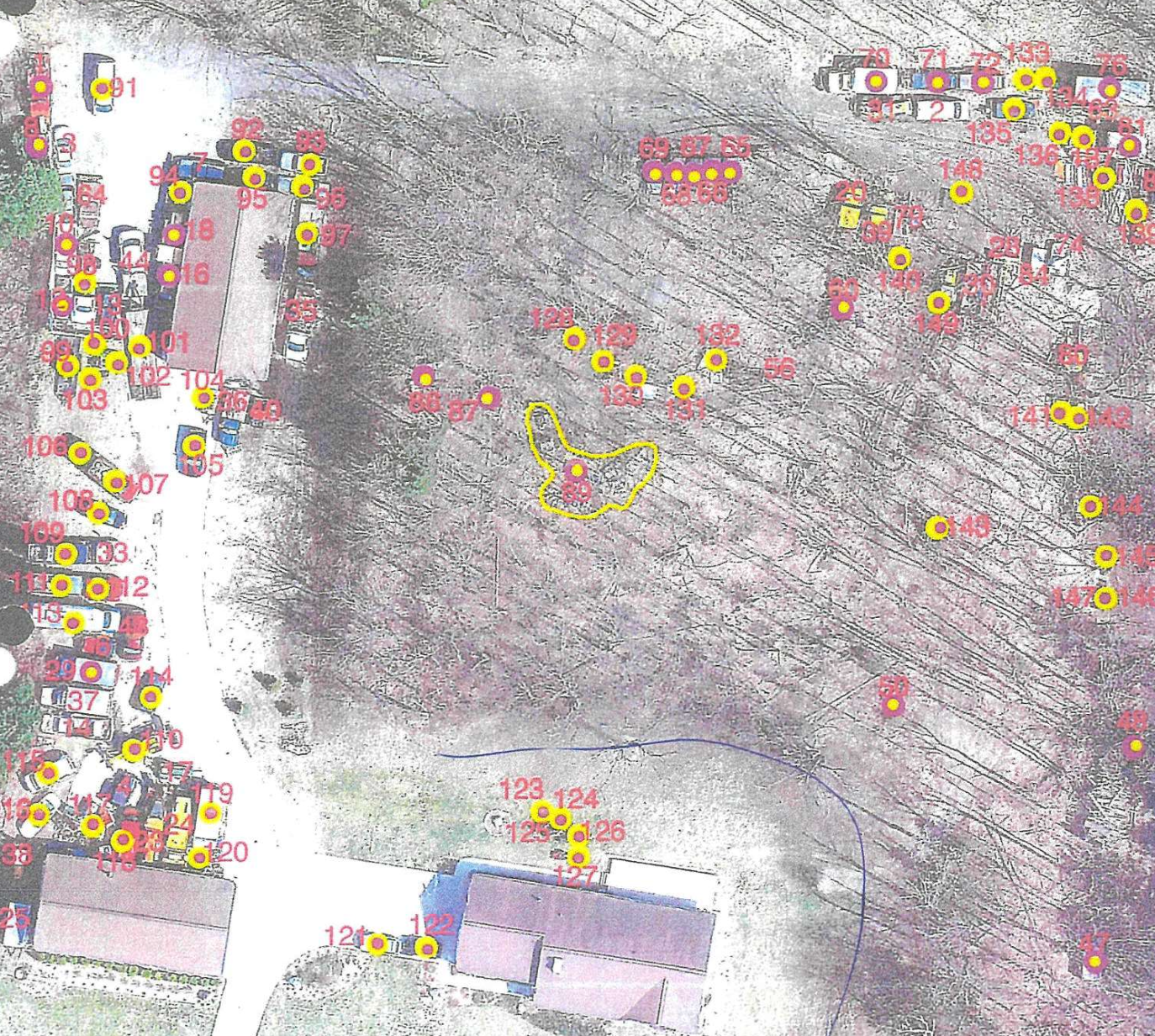Subscribe
The Michigan Supreme Court heard a case Wednesday that will determine if it was legal under the Fourth Amendment for a local town to hire a drone company to repeatedly spy on the home of one of its residents without a warrant.
In the case, a man named Todd Maxon was storing and fixing up junked cars on his five-acre property in Long Lake Township in Michigan. Maxon and the township signed an agreement in 2008 that Maxon would not face any zoning action if he did not increase the number of cars he had on his property. In 2010, 2016, 2017, and 2018, the township hired a company called Zero Gravity Aerial to do aerial drone surveys of Maxon’s property to ensure he was complying with the settlement. The town filed a complaint against Maxon stating that he and his wife “significantly increased the scope of the junk cars and other junk material being kept on their property,” as determined by “aerial photographs.”
“The photographs reveal the existence of a number of trailers and trucks with enclosed beds, which, upon information and belief, are being used as storage by the Defendants,” the city wrote in its enforcement action. “These temporary storage structures violate the zoning ordinance because they are impermissible accessory buildings.”

Court records reviewed by 404 Media show that the township hired Zero Gravity Aerial to specifically and repeatedly fly over Maxon’s property for the express purpose of proving he had violated the township’s ordinances. It’s particularly notable that the township did not get a warrant to do this and chose to contract with a commercial drone business to do surveillance, rather than work with local law enforcement or get permission from a judge.
“The approximately 10-acre area surrounding the property of Todd Maxon [address redacted] will be photographed and mapped to provide evidence for the purposes of code enforcement,” a proposal from Zero Gravity Aerial reviewed by 404 Media reads. “Primary emphasis will be placed upon identification and documentation of vehicles, scrap, and other detritus located on the property. Digital imagery and GPS coordinates of the proposed area and in the surrounding areas will be recorded.”
Zero Gravity Aerial delivered “aerial photographs of the proposed property, Ground photographs taken from accessible nearby properties, and a finished orthomap of the proposed property,” according to the proposal, which was submitted as evidence. The company also documented each and every “item” on the property that had moved or been added and created an “inventory” of everything on his property, and was paid $1,200 for doing so.

Dennis Wiand, the owner of Zero Gravity Aerial, wrote an affidavit in which he said that while he was flying his “mission” over the Maxon’s property, he “did see Mr. Maxon walk out to his vehicle and look up at the drone.” He also stated that Maxon walked over to where he was piloting the drone and began to ask him what he was doing and that he “was interfering with my work.”
“Todd appeared to be frustrated and began to walk away and told me to ‘Go fuck yourself,’” Wiand noted.
Wiand told me in a phone call that this was the first survey of this type he had done. Wiand specializes in environmental monitoring, and in particular has expertise in flying over lakes to determine if invasive plant species have proliferated there. Wiand is not a party to the case and is not accused of any wrongdoing.
“I tried to help them solve a problem,” Wiand told me. “I was hired to gather data.”
To put this simply, and to put the specific legal questions at play aside for a moment: What the township did was dangerous for both Wiand and Maxon. People, generally, do not like when unknown drones fly over and surveil their property, and it is dumbfounding that a local government would hire a civilian commercial drone photographer to collect evidence for it in a legal proceeding of this nature, rather than having a town official or law enforcement officer do it. I have written about numerous instances of homeowners shooting drones down, getting into verbal and physical altercations with drone pilots, and things of this nature. Everyone is very lucky that no one got hurt.

Groups like the ACLU and Electronic Frontier Foundation have been warning that what happened to Maxon could happen for more than a decade. We are far past the original drone hype cycle, and there are now many police departments that use drones for surveillance, emergency response, and search-and-rescue. Many cities and states have highly specific rules for who can fly a drone on official government business, when they can fly it, and how that evidence can be used. Civil liberties experts are not always happy with these rules, but many jurisdictions have them nonetheless.

Michigan’s Supreme Court will now decide whether it was a Fourth Amendment violation for the township to surveil his property without a warrant, meaning it would be an unreasonable search and seizure. “We argue that both what the government did to the Maxon’s was an unconstitutional search, and that deliberate, repeated drone snooping like this can’t be excused, and you have to exclude that evidence if you don’t want an eye in the sky in everybody’s backyard,” Robert Frommer, an attorney with the Institute for Justice, who is representing Maxon in the case, told me.
The ACLU and EFF both filed supporting motions in which they argue that what happened was wildly inappropriate and illegal: “No one, anywhere, reasonably expects that their local government will deploy investigative cameras in the sky to repeatedly record their behavior on their own private property. Yet that is what happened in this case—and if the Township gets its way, it will not only profit from its privacy violations, but open the door to other local governments deploying cheap, pervasive, flying surveillance devices to surveil private property for the smallest of civil infractions. This Court should ensure that this is not the future in which Michiganders are consigned to live,” the ACLU wrote.
Long Lake Township did not respond to a request for comment.


